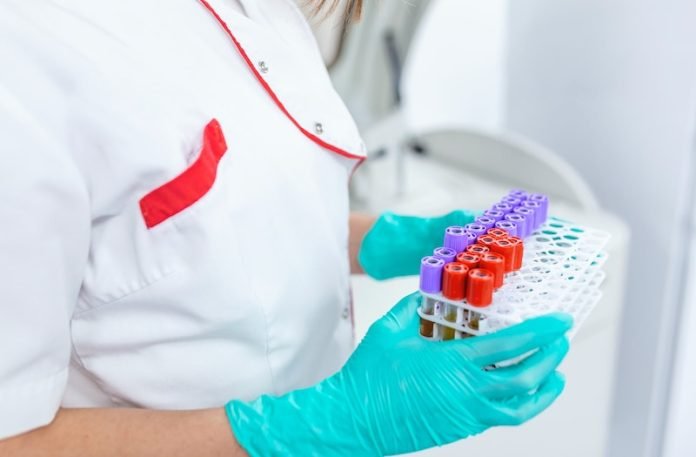
Familial Hypercholesterolemia (FH), a genetic disorder that causes elevated levels of “bad” cholesterol and increased risk for cardiovascular disease, has puzzled the medical community for decades.
Although statins can be effective in managing cholesterol levels for some, patients with homozygous mutations in the LDLR gene respond poorly to this line of treatment.
But a recent study from the Medical University of South Carolina (MUSC) offers a glimmer of hope for FH patients.
The Study
Led by Stephen Duncan, D.Phil., researchers at MUSC took an unconventional approach to drug discovery.
“We model the disease first, screen for drugs that can treat it, and only then look at how the drug actually works,” Duncan explains.
Using induced pluripotent stem cells (iPSCs), they created human liver-like cells to screen a library of around 130,000 compounds.
The Findings
This research led to the identification of a novel class of molecules that significantly lowered the secretion of apolipoprotein B (apoB) and reduced cholesterol levels.
Unlike traditional therapies that target the LDLR pathway, these new compounds seem to work independently of it. This offers a novel treatment avenue for FH patients, especially those resistant to statins.
The Hurdle and the Leap
Interestingly, when these promising compounds were tested in mouse models, they failed to show the same impact.
“This highlights the critical differences between human and mouse physiology,” says Duncan. To overcome this, the team used a humanized mouse model, engineered to grow a liver from human cells.
The new compounds were effective in these humanized mice, reaffirming the potential for their use in treating FH.
The Future
According to Duncan, “Showing that you can use human stem cells for drug discovery process shows the epitome of personalized medicine.”
However, several questions remain. The team is eager to understand the mechanism through which the new drug works and how it interacts with traditional therapies like statins.
Takeaway
This innovative approach to drug discovery has provided a new pathway for treating FH.
While there is still work to be done to understand the mechanisms at play, the preliminary results are promising, offering a ray of hope to millions affected by FH worldwide.
If you care about heart health, please read studies about how eating eggs can help reduce heart disease risk, and Vitamin K2 could help reduce heart disease risk.
For more information about heart health, please see recent studies about how to remove plaques that cause heart attacks, and results showing a new way to prevent heart attacks, strokes.
The study was published in Communications Biology.
Follow us on Twitter for more articles about this topic.
Copyright © 2023 Knowridge Science Report. All rights reserved.



